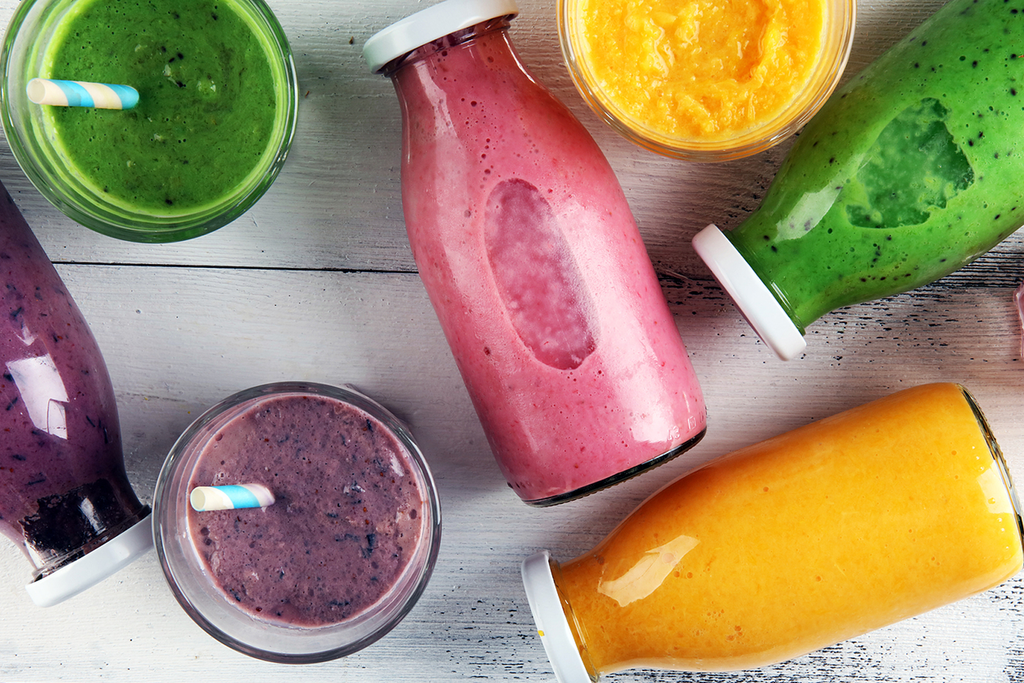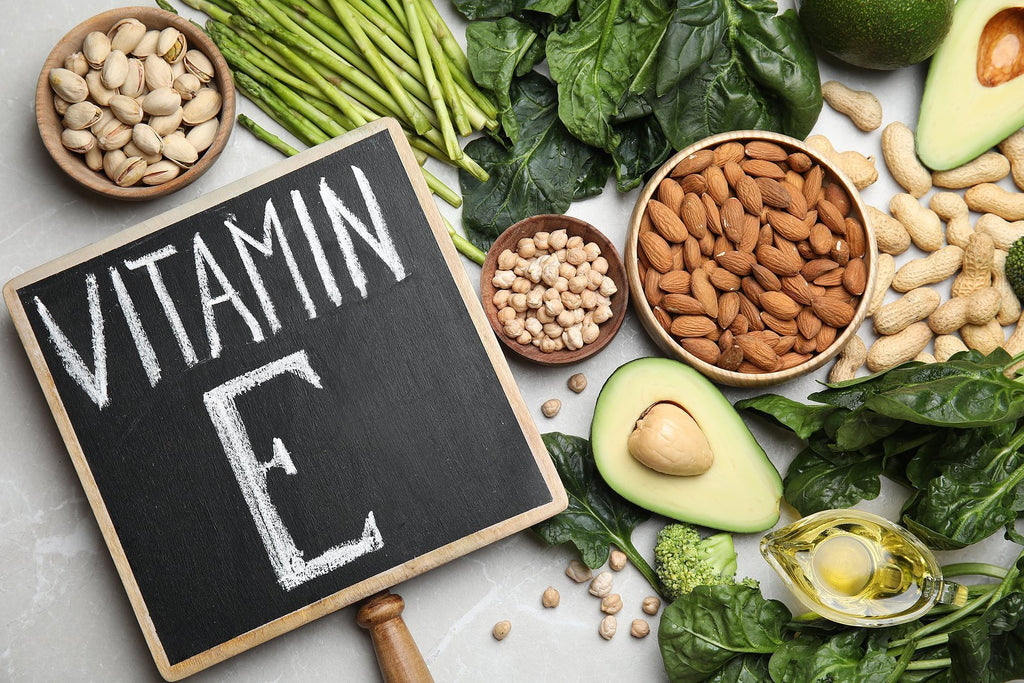The Gut Health & Insulin Resistance Connection
Today, I want to touch on two big topics and their relationship to one another – gut health and insulin resistance.
If today’s discussion doesn’t sound relevant to you, hang in there with me because it actually pertains to everyone! Let’s get to why and what you should know here.
What’s Considered Gut Health?
The term “gut” refers to the large and small intestine. There are two key aspects of gut health:
Gut Microbiome
- The world of various microorganisms (bacteria) that live in your gut
- These bacteria need to live in balance for optimum health
- It would take a lifetime to actually count all of them – there are trillions!
Gut Barrier
The membrane that selectively allows substances to pass through.
A “permeable” gut membrane (also known as “leaky”) is not good! It gives unwanted toxic substances an entry point into your bloodstream.
The Role of Insulin & Insulin Resistance Explained
Let’s first look at what insulin does in your body…
Made in your pancreas, this hormone is involved in creating both energy and fat storage.
Its main job is to transport glucose (sugar) out of your blood and into your cells, so it can be used for energy production.
Can you guess what happens if you don’t use that sugar right away? Well, insulin pushes it into fat storage which essentially causes weight gain.
Cells have receptors specifically for insulin to bind to which allow the cell to open up and accept glucose.
You can think of insulin as a mail carrier knocking on a cell’s door. The cell responds by opening the door and accepting the package (glucose).
Now that you know what insulin does, let’s define insulin resistance…
This is a condition in which your cells no longer respond to insulin as they should. Insulin’s knock at the door is completely ignored. As a result, sugar sits in your bloodstream instead of being shuttled into your cells. Your pancreas is then signaled to pump out more insulin to encourage the glucose into your cells, but because the cells are resisting insulin, glucose just continues to build up in the blood.
Meanwhile, the more insulin your pancreas is creating, the more resistant your cells are becoming to it.
This cycle leads to type 2 diabetes.
More insulin = more insulin resistance = more weight gain
The Relationship Between Gut Health & Insulin Resistance
To understand this relationship, we must examine how diet influences gut bacteria and insulin activity.
The face of the typical American diet is not pretty! It’s highly processed, loaded with sugar, unhealthy fats (like trans-fat), chemicals and toxins (like pesticides). Today’s conventional farming methods deliver us food that lacks nutritive value compared to generations ago. Modern day growing methods now involve genetically modified foods that harm our health.
A poor diet contributes to:
- Weight gain
- Insulin resistance
- Excess body fat makes your cells more resistant (less sensitive) to insulin
- Overgrowth of harmful gut bacteria
- Gut barrier damage and gut permeability – or “leaky gut”, which is when undigested food particles, bacteria and toxins that should never enter your bloodstream are allowed through, triggering inflammatory responses in your body
- Inflammation
Learn the signs and symptoms of leaky gut here: Signs and Symptoms of Leaky Gut.
How Inflammation Fuels Insulin Resistance
So far, I’ve covered the connection between diet, gut health, weight gain, and insulin resistance. Let’s look at the final piece of this domino effect – inflammation.
When there’s Inflammation in your body, it actually triggers chemical reactions that support and increase insulin resistance. In other words, inflammation ultimately changes the way your cells react to insulin.
Knowing this, it’s not surprising that studies have shown there to be more bacteria in the bloodstream of those with diabetes, compared to non-diabetics.
Another connection between gut health and insulin resistance can be found in bile.
Bile is the fluid produced in your liver that aids your body in several ways including:
- Breaking down fat for easier digestion
- Regulating the metabolism of glucose (sugar)
- Preventing colonization – an overgrowth of harmful bacteria in the stomach
In other words, bile can help protect against infection, and the effects of inflammation caused by infection. Less inflammation helps to prevent the state of insulin resistance!
The bacteria in your microbiome are constantly at work. By communicating with and sending signals to the liver, gut bacteria have the ability to alter the composition and production of bile.
The tight relationship between gut bacteria, bile, inflammation, and insulin resistance can be seen as a chain of cause-and-effect that forms a feedback loop.
Your Health Determines the Type of Bacteria in Your Gut
There are thousands of different species of microorganisms in your gut. They’re found in different proportions depending upon your health.
An example of this is the significant difference between the gut microbiome in an obese versus a lean individual.
A research study on the role of gut microbiota in obesity shows that obese people tend to have more of a type of bacteria that causes intestinal permeability. Remember, intestinal permeability is not good! It allows foreign substances into the bloodstream which activates an inflammatory response in the body and effects the way our cells respond to insulin.
Good News! Improving your Gut Health is Easy!
Studies done on mice show how just a diet change can alter the gut microbiome within 24 hours. I’ve, of course, seen firsthand how my patients dramatically improve their overall health with positive dietary changes too.
You can improve your gut microbiome with lifestyle changes including proper diet and supplementation.
A diet that supports gut health contains:
- Few or no refined carbohydrates
- Very low amounts of sugar
- Lots of vegetables and antioxidants
- Plenty of healthy fat
- Moderate amounts of protein
- Supplements that support the gut
Not sure how many vegetables you should be eating? Here’s more info: How Many Vegetables Do You Really Need to Eat Each Day?
Taking care of your gut microbiome is key to obtaining total body health! Here are today’s top 5 key points…
- Your diet, lifestyle and environment directly affect the health of your gut
- Gut health influences hormones and chemical reactions in your body.
- An overgrowth of bacteria in your gut creates inflammation
- Inflammation affects how your cells use insulin
- Insulin resistance can lead to weight gain and obesity related diseases
If you’d like to learn more, check out my blog about how your gut health influences your overall health.
Sharing is caring
Know Your Body - Know Your Health






